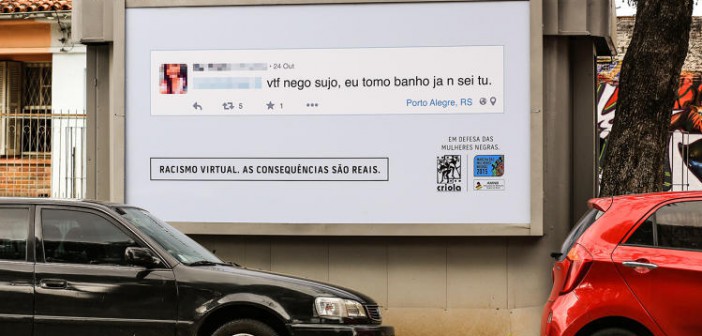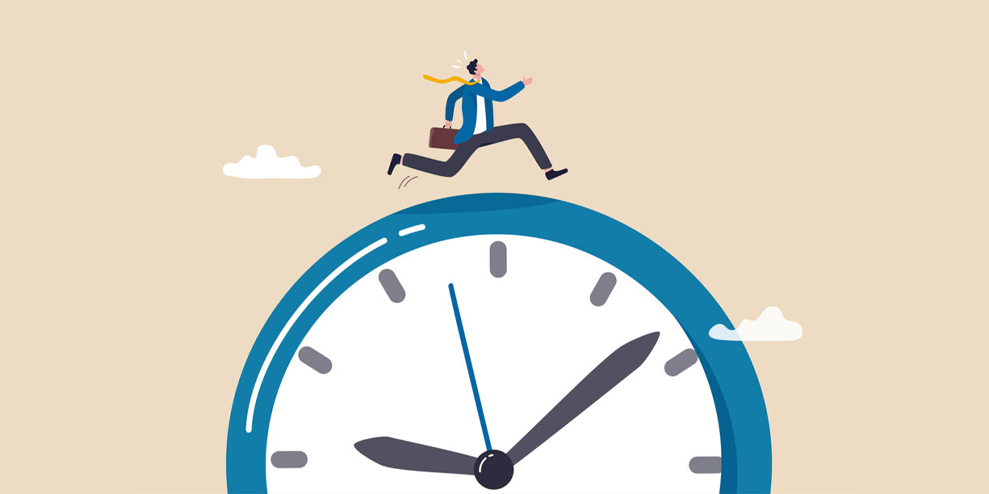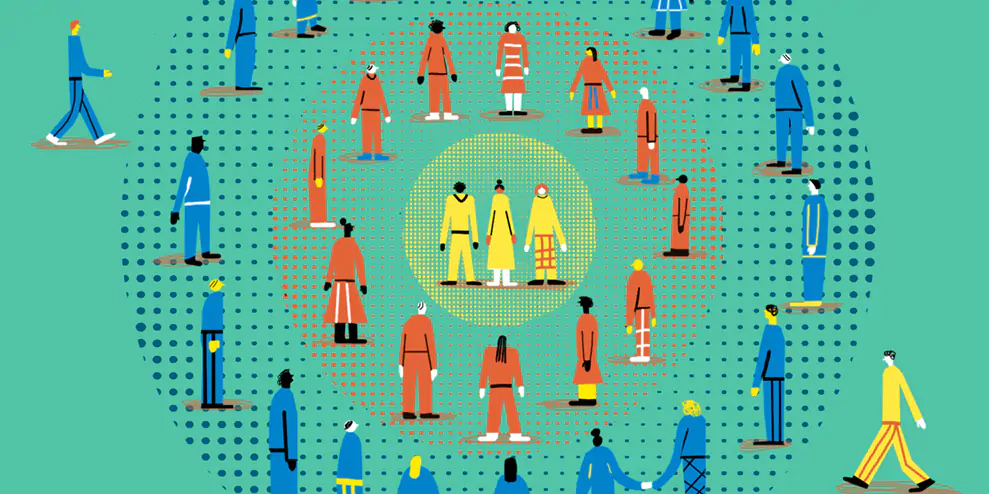A SERIES OF BILLBOARDS PUBLISHING RACIST ONLINE COMMENTS PROMPTS THE QUESTION: SHOULD DESIGNERS USE SHAME TO SHAPE PUBLIC BEHAVIOR?
When they aren’t hiding behind a cloak of anonymity, racist Internet trolls often count on the fact that their digital and online lives don’t overlap. A group in Brazil is trying to show that online comments have real-life consequences by bringing the fight right to the trolls’ door: billboards publishing their comments in their own neighborhoods for all to see.
The Racismo Virtual or “Virtual Racism” campaign is the idea of Criola, an advocacy group for Afro-Brazilian women. It was inspired after a beloved black newscaster in Brazil named Maria Julia Coutinho began receiving racist comments online on July 3, Brazil’s national day devoted to combating racial discrimination.
Of course, on the Internet, nothing is truly anonymous. Using geotagging tools, Criola was able to easily find out where the hateful comments were coming from—and even if they didn’t know who wrote them, they could still slap them up on a billboard in the person’s own neighborhood.

“We omitted names and faces of the authors; we had no intention of exposing them,” the group writes. “We just wanted to raise awareness and start a discussion, in order to make people think about the consequences before posting this kind of comments on the Internet.”
A video posted online of bystander reactions to Criola suggests that the billboards have sparked conversations about race in the neighborhoods (as well as outrage and disgust). That’s important, because research shows that shame, and falling afoul of real-world social norms, is a more effective deterrent to changing behavior than pride.
Maybe shame is an underused design tool when it comes to upholding the social good. You could go subtle with it, of course, the way Berlin’s Ampelmann pedestrian signal gently rebukes would-be jaywalkers with his stubby, cuddly little body. But you could also go more extreme: theater seats that emit loud farting sounds when someone uses their phone during a movie, bathroom doors that call you out for your lack of cleanliness when you leave without washing your hands, or drinking glasses that tip over into the lap of anyone speaking positively of the political platform of Donald Trump. Food for thought.
[via VisualNews]
[All Images: via Racismo Virtual]







